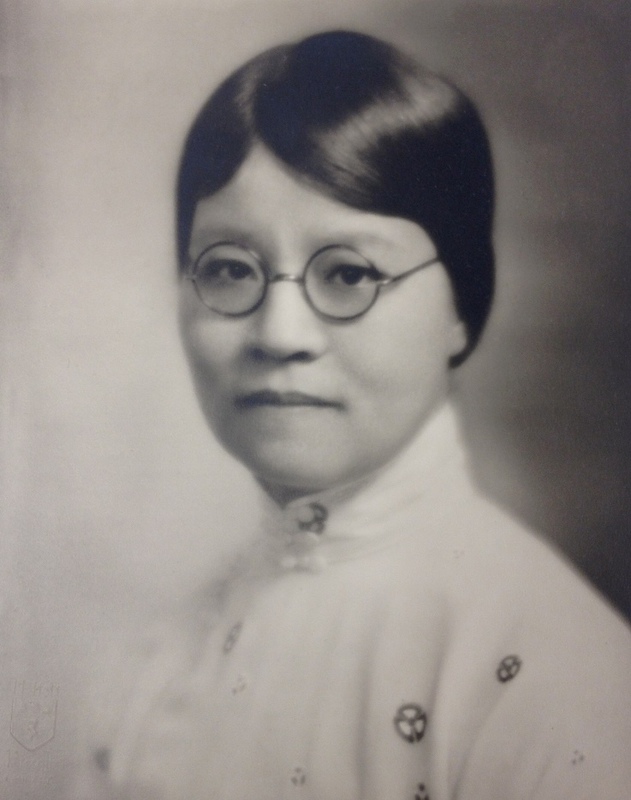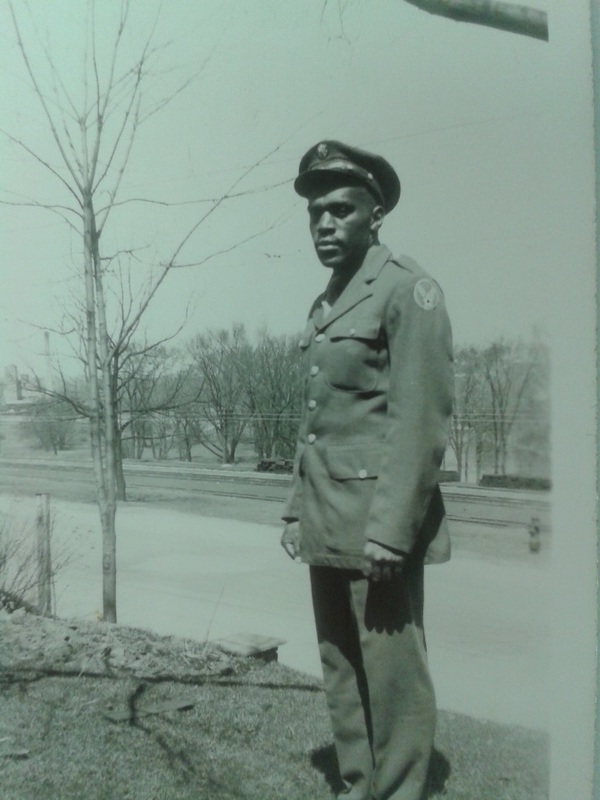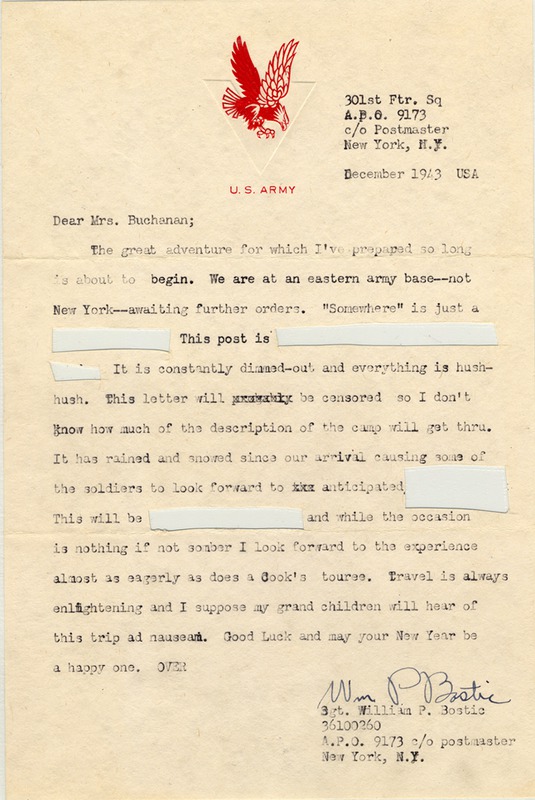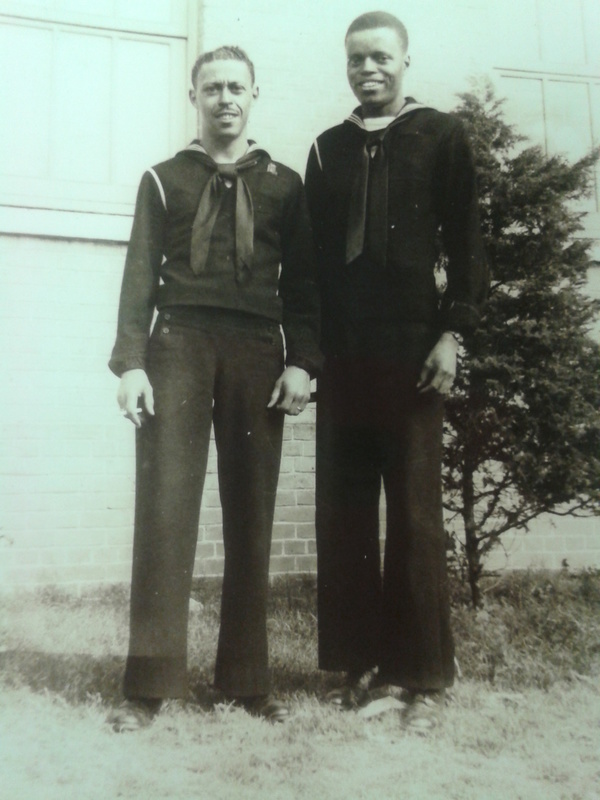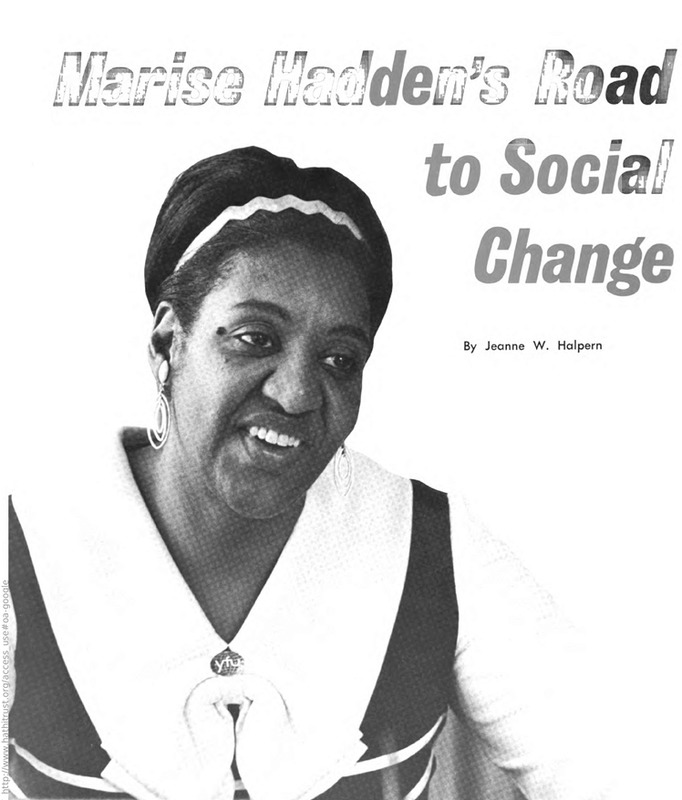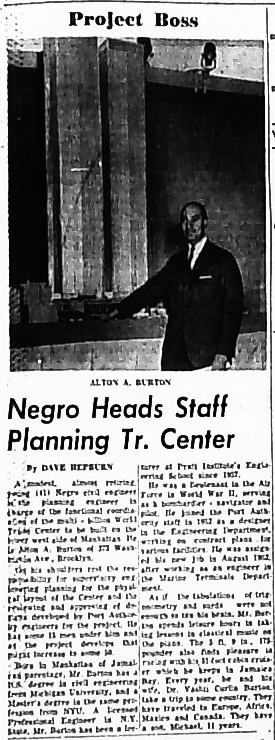After U-M
Since its very founding, the University of Michigan has been distinguished by the notable accomplishments of its current students and its alumni. Students and faculty of color have long demonstrated such achievements.
Alumni Stories
Yi-Fang Wu
In 1919, Yi-Fang Wu graduated from Jinling College and taught at the Government Higher Normal for Women in Beijing. She received a Barbour Scholarship at the University of Michigan in 1922. Completing her Ph.D. in Biology in 1928, she went on to a distinguished career in higher education, eventually becoming dean of the College of Arts and Sciences at Nanjing University, and serving as Commissioner of Education for Jiangsu Province. In 1933, she represented China at the International Women’s Congress. In March 1945, she was a member of the Chinese delegation at the founding session of the United Nations in San Francisco. Wu was also a delegate to the National People's Congresses from 1961 to 1978.
William Paul Bostic
William P. Bostic, a Michigan native, lived in Ann Arbor during World War II with his parents, Samuel and Maggie. He enlisted in the Army Air Corps in 1940 and became a sergeant with the 301st Fighter Squadron—the Tuskegee Airmen, an African American fighter group. William Bostic served in both the European and Pacific theaters.
James Terrell
James R. Terrell moved to Ann Arbor in his teens. He graduated from Ann Arbor High School in 1939 and from U-M’s College of Literature, Science and the Arts in 1943. He attended the Episcopal Theological School in Cambridge, Massachusetts from 1943-1945, after which he enlisted in the Navy as a chaplain. While stationed in the South, he experienced the effects of segregation and discrimination against African Americans. Of his time in Orange, Texas he stated, “It has been harder to fight off this indiscriminate hatred—indeed it is because I have made such pleasant friendships with the Southern fellows stationed here that I know that all Southerners are not bad—perhaps only a few. Much of the evil of the South stems solely from the social structure here which forces people into certain molds often even in spite of themselves. It still amazes me that the Civil War is still such a live issue in these parts even in spite of the fact that two major world holocausts have occurred in the meantime.”
Professional Careers
Marise Hadden
Detroiter Marise Hadden was the first African American woman to teach as an adjunct professor in the U-M School of Education. In 1971, she was appointed as the Peace Corps Country Director for the Eastern Caribbean Islands. Hadden worked as a teacher and administrator in the Detroit Public Schools, and as director of Intergroup and Community Relations with Youth for Understanding, “a program designed to increase the involvement of non-white high school students and Africans.”
Marise Hadden received both her Master’s and Doctoral degrees from U-M. She was the first African American woman at U-M to receive a Doctorate in Community Development (from the School of Education).
Theodore R. Speigner
Theodore R. Speigner was in his fifties when he received his Ph.D. from the U-M in conservation in 1961. He was the first African American to receive a Ph.D. in conservation. He was already the director of resource-use education and professor of geography at North Carolina Central University, where he went on to chair the department. He was also active within the community, becoming the first African American elected to the Durham, North Carolina school board, eventually becoming its chairman.
Speigner remained at the University until the 1970's, having mentored countless students, including Jim Johnson, who had this to say about his mentor: “When Doc recognized that one of his students had the talent and the discipline to handle graduate school, he took that student under his wing, offering constant encouragement, writing letters of recommendation, and providing contacts. In return, he expected them to do nothing less than earn a Ph.D. More than a dozen of his students delivered. He made me realize how much of a difference one person's life can make in others."
Alton Burton
Alton A. Burton, a 1950 U-M graduate with both an undergraduate and Master’s degree in civil engineering, distinguished himself during World War II as a member of the famed Tuskegee Airmen. After graduating, Burton returned to his native New York to work for the Port Authority of New York. In 1962, he was appointed by Governor Nelson Rockefeller to hold the post of Chief Civil Engineer in charge of the planning phase of the World Trade Center, on which he worked from 1962-69. He was the only African American engineer involved in the project at the time. "When Burton saw the twin towers collapse, the engineer fell to his living room floor and wept because of the thousands of lives lost and 10 years of his professional work erased."
Burton was recognized by Congress in 2006 for his contributions to building the World Trade Center towers, and in 2007 received a Congressional Medal of Honor for his service as a Tuskegee Airman.

Diversity in Faculty

About this Exhibit

